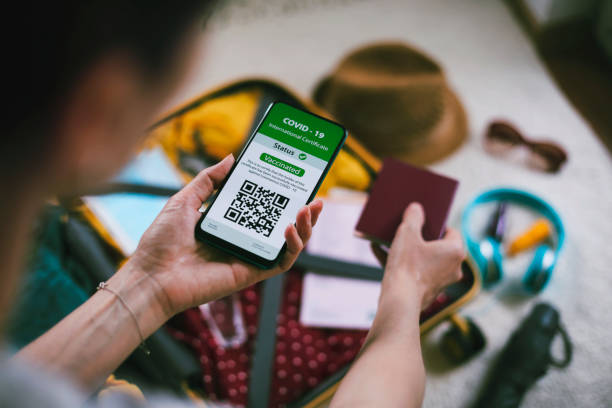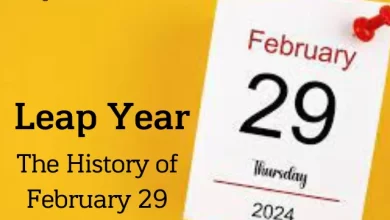
The role of covid certificate verification and importance in recent era
Headlines are being made about Covid vaccination passports, which link “health status with verification of identity, with the aim of deciding licenses, privileges or freedoms.” The controversy around their proposed implementation recently brought to light a number of problems this technology poses, many of which have been cover in blogs. These concern the participation of for-profit technology businesses in such schemes, inequality, and trust difficulties, as well as rights and freedoms. Depending on how they feel about the roles that data play in this complicated tangle of concerns, commentators adopt a variety of viewpoints.
With a vaccination, it anticipates that some areas of life would return to normal, particularly travel, which has been particularly hard hit. In order to facilitate border crossing and the harmonization of various national legislation, a “vaccine passport” or “e-vaccination certification of conformity for border crossing rules” may eventually become a necessary travel document. To, verify covid certificate is really important for everyone’s health and safety. More than 75% of people globally believe that vaccine passports should require for travel.
The European Commission has stated that it will be open to international tourists this summer and that it is developing a digital certificate for travel that will cover anyone who has received the COVID-19 vaccine, as well as those who have recently recovered or who have had a negative test. With its proposed Digital Green Certificate, the EU can move freely and safely during the pandemic.
Is a vaccine passport a brand-new concept?
We’ve been collaborating on the idea of a passport that would permit cross-border travel for many months. Diagnostics have been the primary emphasis so far. In order to create the “Common Framework,” collaborated with a group called “The Commons Project” at that point. This is a collection of registries for reliable data sources, approved testing facilities, and current border crossing laws.
The collection of registries can use to provide certifications of compliance with current, governmental-defined border-crossing requirements. The variety of authentication systems and methods for protecting data privacy offered by the various tools used to create certificates is rather impressive.
How does the vaccine passport system function and what uses might it have?
The collection of registries that will include all participating labs is combining by the Common Trust Network, which backs by the Forum. Additionally, it offers a current database of all in-effect border entrance regulations.
These two databases combined to create a QR code that borders entry officials may rely on. The information provided by a vaccine passport, which contrasts border entrance restrictions for various countries with the conformity of test results, does not expose any personal health information.
Therefore, the tool will confirm whether the traveler has taken the corresponding test in a reputable laboratory. And the test was indeed carried out less than three days prior to landing if your border control regulations state that you must take a test of a certain nature within 72 hours prior to arrival.
The goal is to develop a common good that many authentication providers can use it for Covid Certificate Verification. And to grant everyone access to such registries in a fairly agnostic manner.
What role does the WHO play?
The WHO is currently working to develop standards that process data on vaccination types. And how these are fed into health and healthcare system registries. And use cases that go beyond managing vaccination campaigns, such as border control and perhaps even future access to stadiums or large events. We can prevent a situation where you create two classes of citizens—those who have had vaccinations and those who have not—by creating unified criteria in an ethically sound manner.
We, therefore, support the WHO’s efforts to establish a standard for member states to request vaccinations. And how it would permit the various kinds of use cases rather than creating a set of rules that would leave to the interpretation of member states or private-sector operators like cruises, airlines, or gathering organisers. It is crucial that we rely on the normative authority (the WHO) to establish the prerequisites for vaccine credentials.




